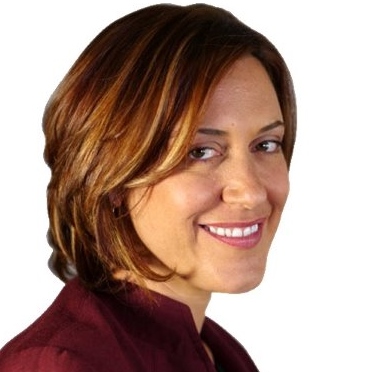click to dowload our latest edition
CLICK HERE TO SUBSCRIBE TO OUR NEWSLETTER


Published
5 years agoon
By
adminPAULA SLIER
Echoing the movement that began in the United States six years ago to shine a light on police brutality against people of colour, black Ethiopian Jews took to the streets of Israel, and shut down major junctions across the country.
The trigger was the shooting dead on Sunday night of an 18-year-old Ethiopian who was hanging out with friends in a playground in a Haifa neighbourhood. He was shot by an off-duty policeman who was walking past with his family.
Apparently some kind of brawl – in which stones may or may not have been deliberately hurled at the officer who may or may not have legitimately feared for his life – resulted in him firing a single bullet into the air. That bullet ricocheted, killing Solomon Tekah, who had immigrated to Israel six years ago with his family from Ethiopia.
The officer is under house arrest, and could be charged with negligent homicide. He is said to be under heavy guard due to fears for his safety and that of his family.
The incident has again sparked debate about an increasingly familiar topic: Israeli police brutality and racism towards the Ethiopian community. It’s the second time such an incident has happened in less than six months.
In January, 24-year-old Yehuda Biadga, another Israeli of Ethiopian origin, was shot and killed by police officers in spite of his family’s pleas that he suffered from mental illness, and hadn’t taken his medication.
In another case, in 2015, video emerged online of two Israeli police officers brutally beating a uniformed Ethiopian Israeli soldier who was merely standing next to his bicycle. It sparked days of protests, some of which turned violent.
The scenes this week were reminiscent of those four years ago. Across the country, thousands of Ethiopians and supporters took to the streets. At the time of writing, more than 111 police officers had been wounded, and about 136 people arrested.
Several rioters destroyed police vehicles, and in one instance, they flipped a car over into a fire on the street. Protesters also hurled at least one Molotov cocktail at a police station in the Haifa district. In a number of locations, they threw rocks at the police. Chanting, “End the killing, end the racism,” demonstrators caused massive traffic jams, with tens of thousands of commuters stuck for hours on the road.
While such violent protests frequently erupt elsewhere in the Middle East and Europe, they aren’t common to Israel. But in retrospect, they shouldn’t be surprising to Israeli authorities. The violence wasn’t only an expression of anger about Tekah’s death, but also a cry of frustration against a police force – and to some extent a country – that many Ethiopians feel treats them like second-class citizens.
More than 140 000 Ethiopian Jews live in Israel. Most are second-generation – the children of immigrants who came to Israel in the1980s and 1990s. Many have grown up in poverty, and continue to face challenges that prevent them from being fully integrated into Israeli society.
Tales of police profiling and harassment of Ethiopian youth are well known. Former Israeli police chief Roni Alsheikh admitted that it was “natural” for law enforcement officers to be more suspicious of Ethiopians and other migrants than the general population.
“When a policeman meets a suspect [of Ethiopian descent or other groups with higher crime rates], naturally he is more suspicious than with others … We know this. We have started to deal with this.”
In an effort to improve relations between Ethiopians and the police after the incident in 2015, a committee was set up to investigate what could be done. More than 50 recommendations were put forward that included encouraging dialogue, and reducing so-called “over-policing” of the Ethiopian community. It’s a far cry from 1991, when, within 36 hours, Israel airlifted thousands of Ethiopian Jews to Israel. Many walked more than 300 miles (482km) from Ethiopia to Sudan, while about 4 000 were lost along the way.
While inevitably there will be cries and accusations of racism, it’s imperative to remember that there are few – if any – instances in which countries have taken Africans from their native continent not to sell them into slavery, but bring them to freedom. And to be fair, Israel has spent hundreds of billions of rand to house, educate, and train the immigrants.
But that doesn’t detract from the problem. The scenes of rioting and violence this week were extremely disturbing. There was frustration and anger among commuters who were held up in traffic for upwards of ten hours.
The police were seemingly afraid to act against the rioters in light of what had happened, and the protestors took advantage of the situation. Many would argue there was no need for violence.
But the fact that it happened shows that Ethiopian Israelis feel that their grievances are not being taken seriously enough. Something needs to be done.
If the protests abate until another Israeli of Ethiopian descent is killed from police brutality or the police investigation ends without taking responsibility, in a few months’ time, we’re likely to merely witness the same scenes again.
